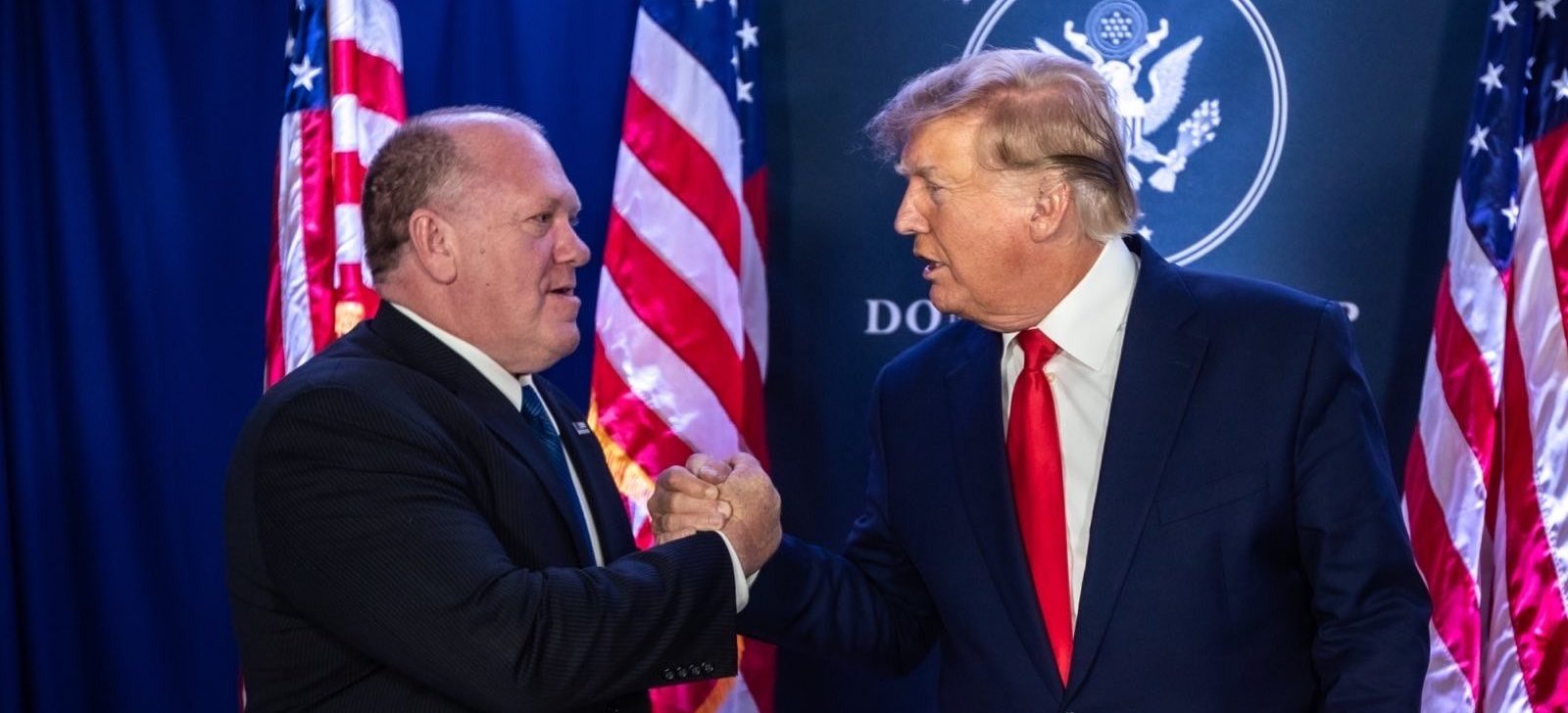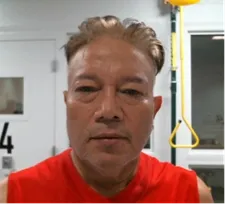A federal judge on Tuesday agreed that the Donald Trump administration can invoke the Alien Enemies Act to deport criminal aliens who are members of the Venezuelan Tren De Aragua gang.
U.S. District Judge Stephanie Haines’ ruling appears to be the first court decision backing the Trump administration’s interpretation of the 1798 law—likely setting up a showdown before the U.S. Supreme Court.
However, the Trump-appointed judge emphasized the need for more due process prior to sending gang members out of the country. Her decision includes the caveat officials must give them 21 days to challenge the order.
The Trump team will take it as a judicial win after months of leftist judges blocking the administration’s efforts to deport illegal immigrants, particularly criminal aliens linked to terrorist organizations.
But Haines’ ruling creates a split among district courts, which is likely to require higher courts to resolve the dispute.
Haines, of the U.S. District for the Western District of Pennsylvania, ruled that President Donald Trump has authority to declare the Venezuelan gang Tren de Aragua a foreign terrorist organization and deport its members under the Alien Enemies Act.
Haines said old statutes can be applied to modern developments in the world. And she compared Tren de Aragua to the “military detachments or pirates” that pillaged the United States when the law was passed, Politico reported.
However, the judge said that the administration must allow individuals subject to the act 21 days to file lawsuits challenging their deportations, up from the 12 to 24 hours the Department of Homeland Security says is sufficient.
Haines’ ruling pertains to a single individual, identified only by the initials A.S.R., who is being held in Haines’ western Pennsylvania district. That individual had sued on behalf of himself and other potential targets of the Alien Enemies Act residing in western Pennsylvania, urging the court to block his summary deportation, Politico reported.
Tuesday’s ruling applies only to Venezuelan aliens who are not naturalized or lawful permanent residents, 14 years or older, and have been specifically designated as part of a Foreign Terrorist Organization, specifically Tren de Aragua, Fox News reported.
“Having done its job, the Court now leaves it to the Political Branches of the government, and ultimately to the people who elect those individuals, to decide whether the laws and those executing them continue to reflect their will,” Haines wrote.
The 43-page ruling conflicts with other rulings challenging the administration’s deportation efforts. Federal Judges in New York, Colorado and Texas have blocked Trump’s use of the Alien Enemies Act to deport Venezuelan TdA members.
Haines was critical of the administration’s practice of deporting people sometimes “within a matter of hours.” Haines noted the administration has not given adequate prior notice to those subject to removal, which would allow possible due process and habeas legal challenges, Fox News reports.
Almost simultaneously with Haines’ ruling, a second judge in Texas barred Alien Enemies Act deportations without 30 days notice, Politico reported.
Trump issued an executive order on March 14, “Invocation of the Alien Enemies Act Regarding the Invasion of the United States by Tren De Aragua.”
On March 16, the administration defied a federal judge’s order barring the deportation of suspected gang members. They were sent to an El Salvador prison, including 238 members of Venezuela’s Tren de Aragua gang and 23 members of the MS-13 gang.
Following lower court rulings, the Supreme Court last month allowed the administration to resume use of the Alien Enemies Act to deport alleged Venezuelan gang members to El Salvador, Axios reported.
However, the court ruled the government has to give deportees “reasonable time” to challenge their removal in court before leaving the country.
Earlier this month, U.S. District Court Judge Fernando Rodriguez Jr., another Trump appointee, deemed the use of the AEA as “unlawful.” Rodriguez wrote in his order that the president exceeded his authority by relying on a law that was intended to be used during times when the US is at war, The Texas Tribune reported.


